Bloodsport Disguised as Wildlife Management: The Truth About Wildlife Killing Contests
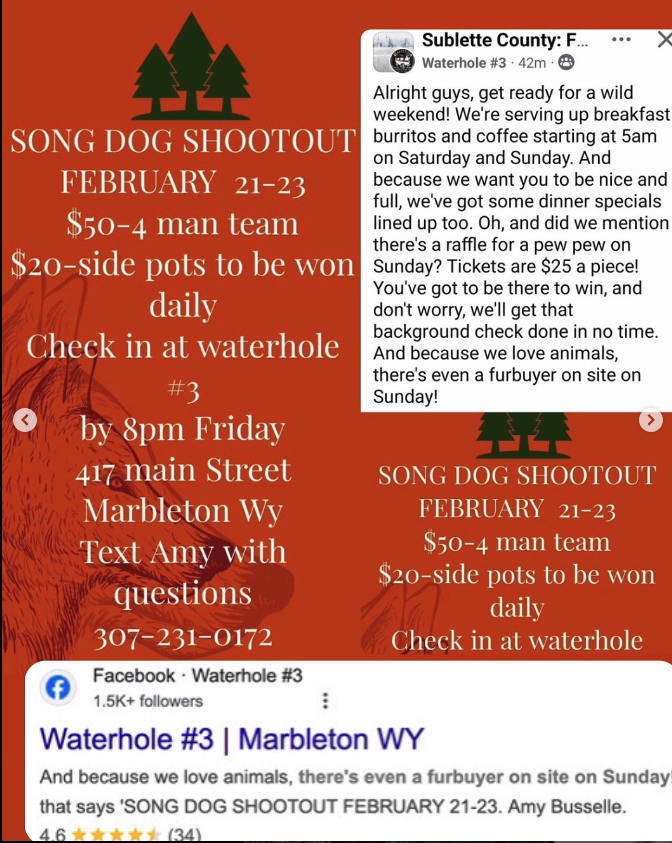 This weekend, in Marbleton, Wyoming—just miles from where, last year, Cody Roberts ran over a young wolf with a snowmobile and brutally tortured her after—another act of animal cruelty is set to take place. A bar is Marbleton is hosting a wildlife killing contest, misleadingly named the “Song Dog Shootout,” where participants compete to slaughter as many of these highly intelligent and social animals as possible for cash and prizes.
This weekend, in Marbleton, Wyoming—just miles from where, last year, Cody Roberts ran over a young wolf with a snowmobile and brutally tortured her after—another act of animal cruelty is set to take place. A bar is Marbleton is hosting a wildlife killing contest, misleadingly named the “Song Dog Shootout,” where participants compete to slaughter as many of these highly intelligent and social animals as possible for cash and prizes.
Yet again, we see the worst kind of cruelty inflicted on wildlife under the guise of “predator management.”
When advocates called attention to the cruelty and recklessness of these contests, the organizers doubled down. In a Facebook post defending their event, they dismissed critics as “uneducated” and claimed that the contest was about “predator management,” not killing for sport.
The response from the event’s host—a local bar—was full of misinformation. They justified the contest as necessary to protect wildlife and livestock, stating that coyote populations are out of control and need to be “thinned.”
But the facts tell a different story. The truth is, wildlife killing contests have nothing to do with management and everything to do with bloodlust.
Coyotes are Not a Threat to the Ecosystem—They are Part of the Ecosystem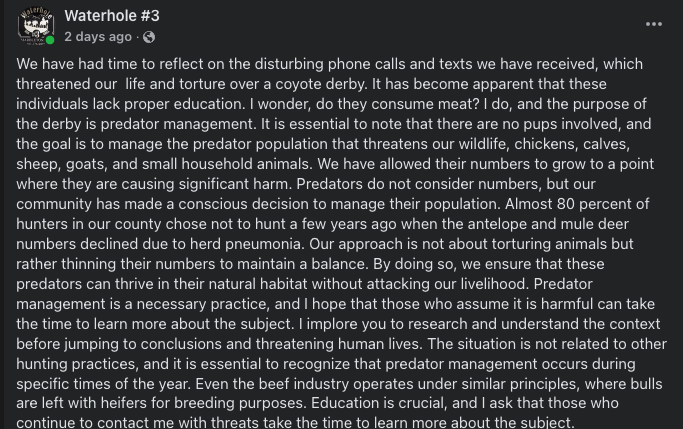
The claim that coyotes are a “threat” to wildlife is not only false—it’s completely nonsensical. How can a species that evolved as part of an ecosystem be a danger to that very system? Coyotes play a crucial role as mesopredators, keeping rodent populations in check, preventing disease outbreaks, and maintaining the food web. Removing them disrupts these natural processes, leading to unintended consequences and ecosystem instability.
The idea that wildlife needs to be “managed” by humans, particularly through indiscriminate killing, is rooted in a flawed and outdated worldview. Nature has successfully regulated itself for millennia without human intervention. It is only when we interfere—by exterminating predators, fragmenting habitats, and altering food sources—that ecosystems begin to unravel.
Killing Coyotes Does Not Protect Livestock—Coexistence Does
The idea that indiscriminately slaughtering coyotes helps “manage” their populations is scientifically false. Proponents of these contests claim that coyote killing protects livestock, but decades of research tell a very different story. Studies have consistently shown that indiscriminate lethal control methods are ineffective at reducing livestock losses. If the goal were truly to protect livestock, non-lethal deterrents would be the priority—not killing contests.
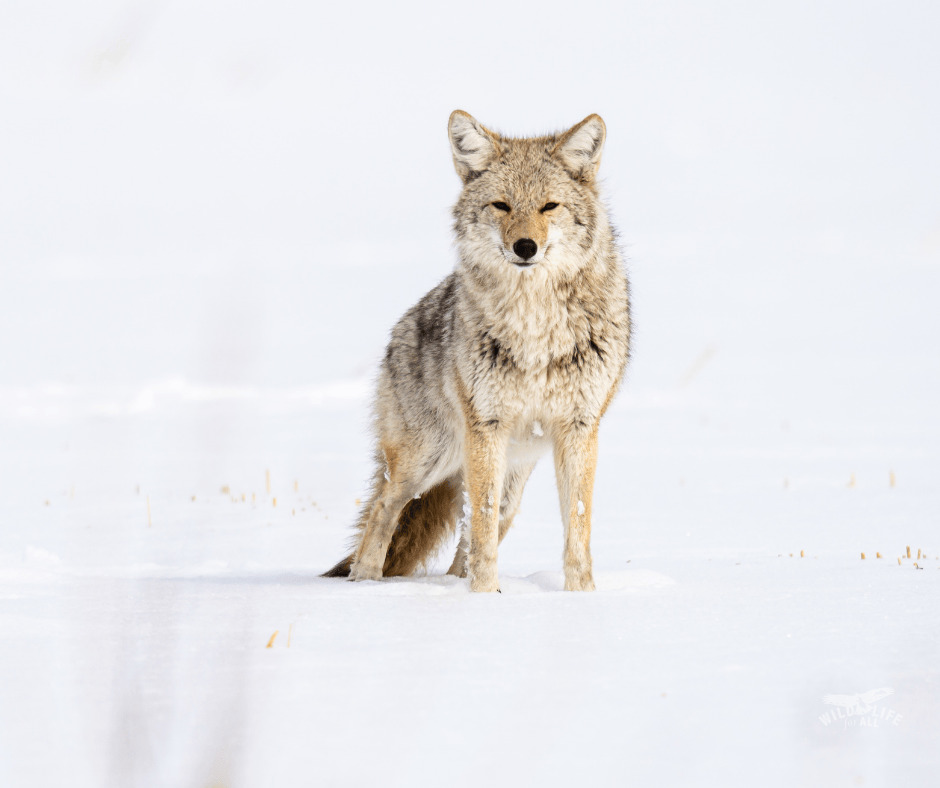 A USDA study (Shivik et al. 2003) found that increasing predator removal led to more livestock losses, not fewer. Another long-term study at the University of California Hopland Research and Extension Center (Conner et al. 1998) found that as trappers removed more coyotes, lamb predation actually increased. Why? Because when dominant territorial coyotes are killed, it creates a vacuum that invites new, often younger and less-experienced coyotes to move in. These younger coyotes are more likely to target livestock, as they lack the learned hunting skills of older pack members who primarily prey on natural food sources.
A USDA study (Shivik et al. 2003) found that increasing predator removal led to more livestock losses, not fewer. Another long-term study at the University of California Hopland Research and Extension Center (Conner et al. 1998) found that as trappers removed more coyotes, lamb predation actually increased. Why? Because when dominant territorial coyotes are killed, it creates a vacuum that invites new, often younger and less-experienced coyotes to move in. These younger coyotes are more likely to target livestock, as they lack the learned hunting skills of older pack members who primarily prey on natural food sources.
Additionally, research has shown that coyote populations respond to lethal control with a biological countermeasure: they reproduce more. When coyotes are heavily hunted, their litter sizes increase, and more pups survive to adulthood (Blejwas et al. 2002). This means that killing coyotes not only fails to reduce their numbers but can actually cause a population boom—and this in turn may lead to more conflicts, not fewer.
Contrast this with non-lethal coexistence strategies, which have been proven to work. Livestock guardian animals, fencing, range riders, and proper husbandry practices significantly reduce losses without the need for indiscriminate slaughter. In fact, some ranchers have discovered the concept of “guard coyotes”—non-offending, territorial coyotes who keep sheep-killing coyotes out of their area (Shivik 2014). By killing coyotes indiscriminately, killing contests actually remove this natural protection and open the door for increased predation.
The research is clear: lethal control does not reduce coyote populations long-term. Instead, it disrupts their social structure and triggers an increase in reproduction and migration, often leading to more coyotes in the area (which, to be clear, we don’t think is a bad thing at all but likely the people who believe in killing contests’ efficacy do).
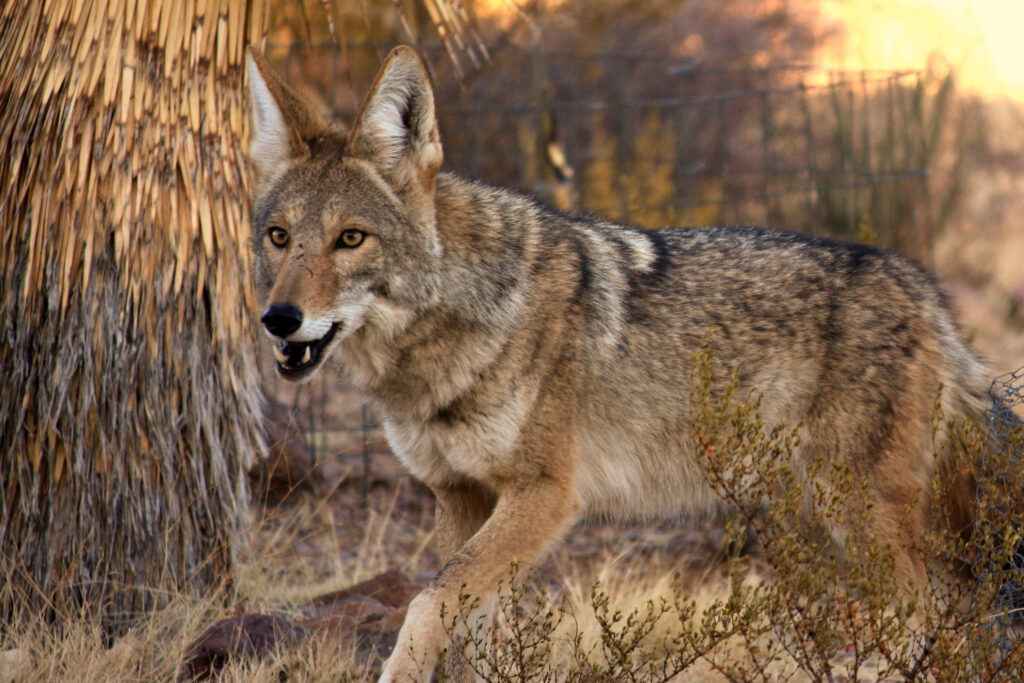 The Real Purpose of Killing Contests: Industry-Backed Bloodsport
The Real Purpose of Killing Contests: Industry-Backed Bloodsport
If these contests are not about protecting wildlife or livestock, what are they really about? The answer is simple: they exist to fuel a culture of gratuitous killing.
Despite their claims of “management,” wildlife killing contests exist for one reason: the thrill of the kill. These events turn wildlife into moving targets, rewarding people for slaughtering as many animals as possible. Wildlife killing contests are not about conservation. They are about cruelty. They are about turning the systematic extermination of a species into a game.
Last fall, Rolling Stone exposed how wildlife killing contests are propped up by the trophy hunting and gun industries, with millions of dollars flowing into these bloodbaths. These contests are about thrill-killing, not management. Even within the hunting community, they are causing deep divisions, with ethical hunters calling them out for what they are—an embarrassment and a disgrace to the values of fair chase and respect for wildlife.
It’s time to end the slaughter. Wildlife killing contests have no place in a civilized society. They are cruel, ecologically destructive, and serve no legitimate purpose beyond indulging the worst instincts of those who participate. Science has already debunked the myths that killing coyotes helps wildlife or livestock, yet these contests continue under the false banner of “management.”
But perhaps the larger issues is how our culture normalizes wildlife killing contests. Part of the reason killing contests persist is that much of the public is still unaware they even exist. When people hear about them for the first time, their reaction is almost always the same: “How is this still legal?”
Yet, rather than being condemned, these contests are sometimes inadvertently promoted—even by trusted media outlets. Just last week, NPR’s Instagram account posted about the “World’s Largest Rattlesnake Roundup” in Sweetwater, Texas, describing it as a long-standing tradition that draws crowds from around the world. What they failed to mention is that these events involve the mass killing of snakes for entertainment, often using brutal methods like gassing them out of their dens.
When wildlife killing contests are framed as “predator management,” harmless “traditions,” or community gatherings, it creates the illusion that they are normal, acceptable, or even beneficial. In reality, they are relics of an outdated and unscientific approach to wildlife.
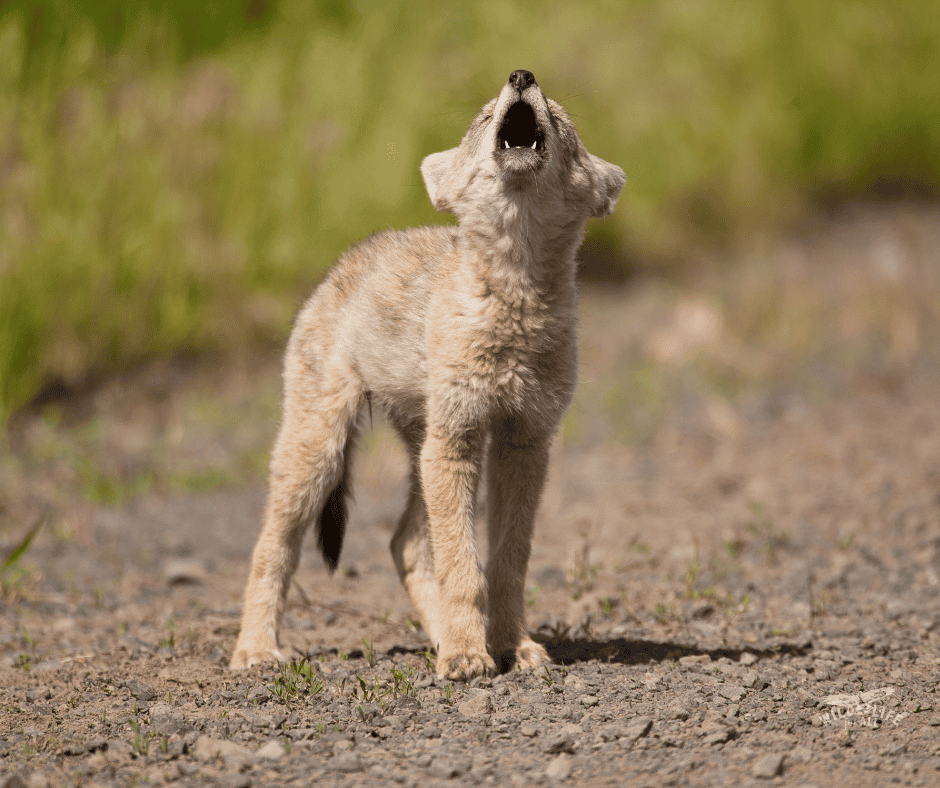 So What Can You Do To Stop Wildlife Killing Contests?
So What Can You Do To Stop Wildlife Killing Contests?
For this Song Dog Shootout in Marbleton, there’s not much hope. The organizers clearly won’t listen to reason. Wyoming lawmakers have failed to act on the egregious act of snowmobiling over wildlife, repeatedly rejecting efforts to ban the practice in this legislative session, so they certainly won’t stop this killing contest.
That means it’s up to the public to demand change. If we want to create a future where wildlife is managed ethically and scientifically, we need to end these contests once and for all. It’s time to recognize wildlife killing contests for what they are: an embarrassment to ethical wildlife treatment and a stain on our collective humanity.
Ten states—Arizona, California, Colorado, Maryland, Massachusetts, New Mexico, New York, Oregon, Washington, and Vermont—have already banned killing contests. There are serious pushes to do the same in other states like Illinois, Maine, and New Hampshire. It’s time for the rest of the country to follow suit. If you care about wildlife, if you believe in science-based policy, and if you oppose senseless cruelty, speak out against coyote killing contests. Demand that lawmakers take action to end these atrocities once and for all.
- Learn more and spread awareness – Many people have never heard of wildlife killing contests. Share this information with friends, family, and your community to help expose the reality of these events.
- Urge your state lawmakers to take action if your state hasn’t banned killing contests – Contact your state legislators and demand a ban on wildlife killing contests. Ten states have already banned them—yours could be next.
- Support organizations fighting to end these contests – People are working to outlaw wildlife killing contests. Donate, volunteer, or help amplify their efforts.
- Hold media outlets accountable – If you see an event like the Sweetwater Rattlesnake Roundup being portrayed as a harmless tradition, speak up. Write letters, comment on posts, and push for responsible reporting on these issues.
Wildlife deserves better than to be used as live targets for human entertainment. It’s time to put an end to the “Song Dog Shootout” and every other killing contest like it.
